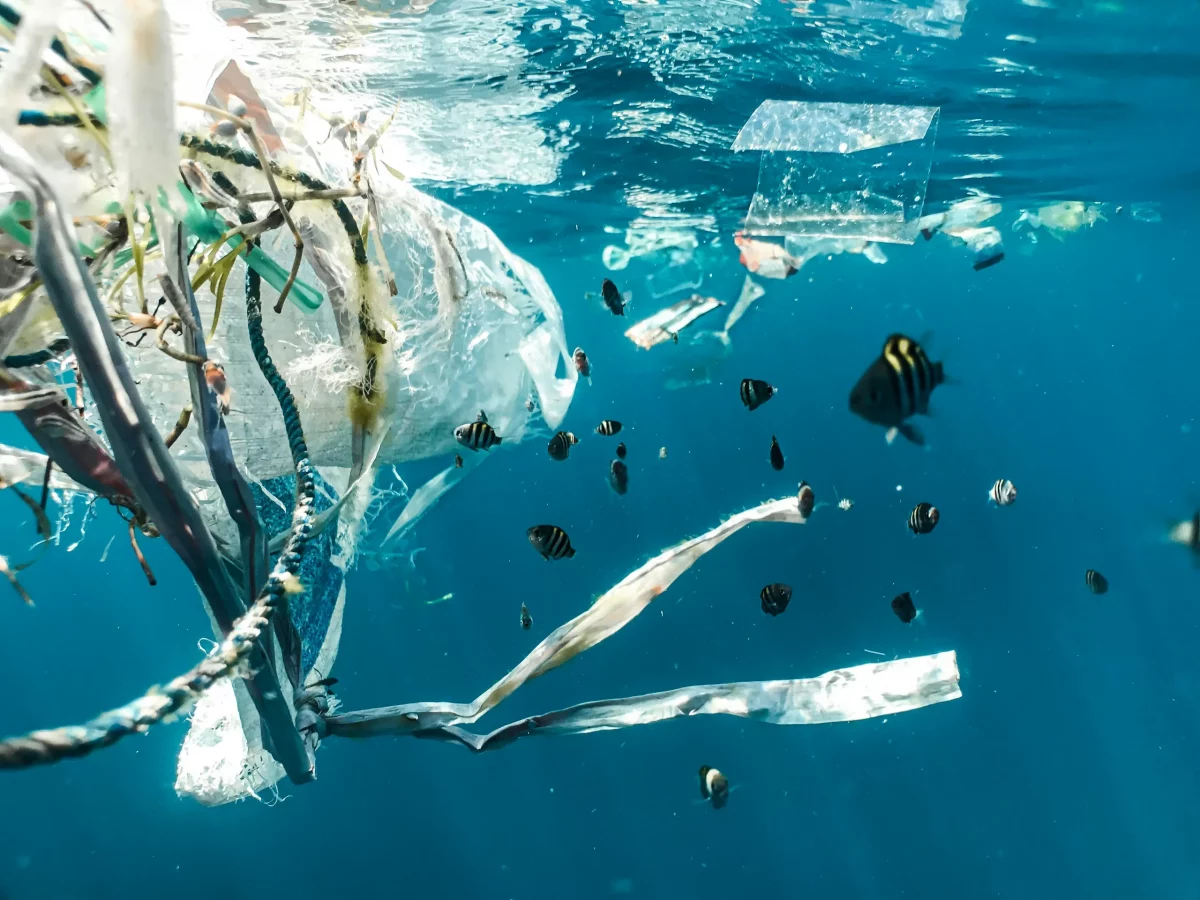Every year, 57 million tonnes of untreated and unrecycled plastic waste is ending up in our oceans, in our forests, in our food and in our bodies, says a new study by researchers at Leeds University. Of all the countries in the world, India is the biggest polluter, producing an estimated 10.2 million tonnes of plastic pollution annually.
The report, which was published earlier this week in the September edition of Nature, sought to put a figure on the amount of unrecycled and untreated plastic waste that escapes landfills and second-life systems.
That volume, according to the team at Leeds University in northern England, is 57 million tonnes, enough to fill New York City’s Central Park to the same height as its Empire State Building.
According to the findings of the study, India is the biggest plastic polluting nation on the planet and produces upwards of 10.2 million tonnes of plastic pollution every year. It is followed by Nigeria in second and Indonesia in third. China comes in fourth, ahead of Pakistan, Bangladesh, Russia and Brazil. Grouped together, these eight countries are responsible for half of the world’s global plastic pollution problem.
See more: EU bans “intentional” inclusion of microplastics in thousands of household products
When it comes to cities, Lagos in Nigeria had the dubious prize of being the most plastic polluted city on the planet. Other cities with high rates of plastic pollution include New Delhi in India, Luanda in Angola, Karachi in Pakistan and the Egyptian city of Cairo.
The figures make sombre reading, but there is hope for the future. In 2022, many of the world’s nations came together to sign a legally binding UN treaty to end plastic pollution. The treaty was created under the United Nations Environment Assembly (UNEA) and mandated the creation of an Intergovernmental Negotiating Committee (INC) to develop a legally compulsory treaty on plastic pollution, including in the oceans. The final treaty negotiations are set to take place in South Korea in November.
Read related:
Monaco Life is produced by real multi-media journalists writing original content. See more in our free newsletter, follow our Podcasts on Spotify, and check us out on Threads, Facebook, Instagram, LinkedIn and Tik Tok.
Photo credit: Naja Bertolt Jensen, Unsplash
